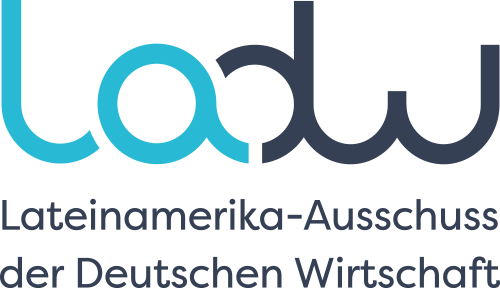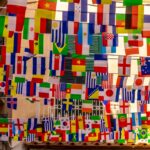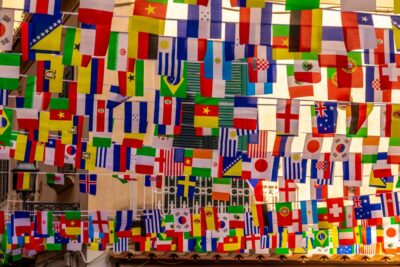Vaccination campaigns in Latin America take off – albeit somewhat slowly
Hopes that many Latin Americans are already immune to the Corona virus have not been confirmed. This is compounded by a slowed, sometimes chaotic start to vaccination. In the best-case scenario, Latin America will be in control of the pandemic by early 2022.
by Alexander Busch, Latin America correspondent for Handelsblatt and Neue Zürcher Zeitung
When the International Monetary Fund (IMF) published its growth forecasts for 2021 a few days ago, Latin America’s economy seemed to be on the mend: the region will grow by 4.1 percent this year, the Fund estimates. That is 0.5 percentage points more than the IMF had expected just three months ago. The reason for the brighter outlook: The start of vaccination campaigns and the hoped-for further government aid programs for the populations will accelerate the return to normality, the economists in Washington predict.
But hopes have been dashed: all states in the region are suffering from a fierce second wave of infections as well as the mutations of the Corona virus. Expectations that a high rate of immunity (“herd immunity”) might already have been achieved in the urban centers of Latin America have not been fulfilled.
At the same time, vaccination campaigns are off to a chaotic start. So far, only six of the region’s largest states are reporting initial measurable vaccination coverage. Vaccines have been approved in 13 states. In principle, Latin America’s pandemic control problems are similar to those of the EU.
Nevertheless, Latin American countries are far less able to exert pressure on manufacturers or to increase the supply of vaccines in the short term with high bids. It is true that the serums from Oxford/AstraZeneca, like Pfizer/Biontech, dominate the registrations of the sanitary authorities. But emergency approvals are of little use if the companies can hardly deliver.
In addition, vaccination is off to a particularly chaotic start in Brazil and Mexico. In Latin America’s two most populous countries, governments remain reluctant to recognize the pandemic as a serious problem and to coordinate vaccination campaigns accordingly at the federal level.
China and Russia, on the other hand, are using their vacuums to negotiate political and economic advantages. For example, telecom authorities in Brazil now suddenly have no objection to the participation of Chinese state-owned telecom company Huawei in the upcoming G5 mobile phone tenders. Previously, from China had suspended the supply of the serum. Now the deliveries are to start again.
Only eight of the poorest countries in the region have any hope of receiving the World Health Organization’s (WHO) Covax vaccination program. But the campaign has not yet started either.
The WHO now expects that Latin America will probably not get the pandemic under control until early 2022.
COVID-19 in Latin America
Development of case numbers in the region
Currently reported cases in the countries








